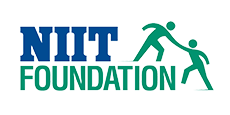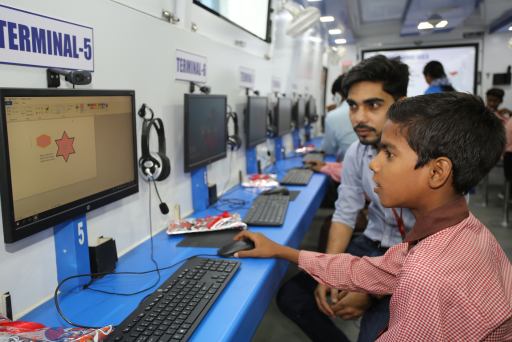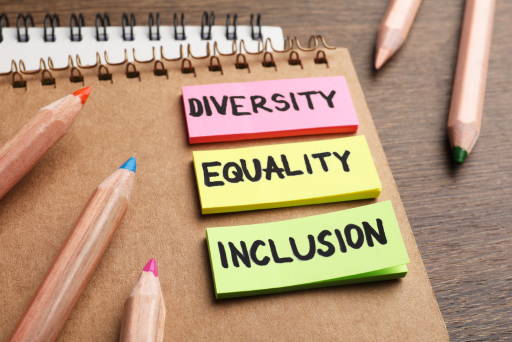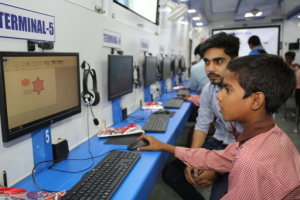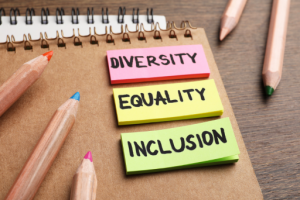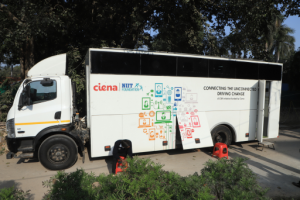Economic literacy in particular is conducive to attaining financial independence for rural women who suffer from various restraints of both formal and cultural kinds. It empowers them to manage their finances and basic needs like budgeting, saving and investing, hence allowing them to make sound decisions. Women, especially in rural parts of India, work hard and manage many duties, from agricultural fields to small businesses. In this landscape empowering them financially becomes an effective tool of welfare and growth.
Financial literacy also assists women and their families’ economic status, particularly those in rural areas with cultural and economic advantages, said the National Institute of Health. Financial literacy renders them with basic financial skills and techniques that provide them with income security. For instance, it is argued that more developed economies bear signs of higher levels of economic stability because of higher proportions of the population enjoying some form of higher order financial education.
As of 2023, the Reserve Bank of India’s (RBI) survey revealed a significant improvement in the national financial literacy rate, reaching 62.6%. This progress, based on economic knowledge, behaviour, and attitudes, is a promising sign for the future of financial literacy.
Nonetheless, rural women encounter difficulties in attaining financial literacy due to various factors like—geographic isolation, lack of access to banking, technology, payments, and the means of starting and running a business—which calls for policy changes.
Social enterprises and NGOs can combine financial literacy with digital education to counter these issues to redress societal imbalances. Effective in this regard, the World Bank – supported Digital Agricultural Solutions program has reached millions of smallholders in Africa. Others, such as India’s community banking models and self-help groups, have enabled rural women to access microloans and business training, promoting empowerment. Courses that have sought to bridge the digital gap, like “Her Finance Digital” boast of having improved financial literacy for some women. They have achieved this through the use of mobile learning modules which the women rely on for their economic development.
NIIT Foundation’s financial literacy program is designed to teach participants the “basics” of financial management, allowing them to use technology in ways relevant to their daily lives. Through this training, the participants learn the basics of banking and savings, mobile accounts and e-wallets, wise borrowing, investments, risk management with insurance, and financial planning. The participants also develop skills for daily financial operations, such as writing a financial diary, using e-wallets, online banking, and online insurance. Women were significant beneficiaries in rural areas, where training for staff working in companies and organisations, including nurses and assistants in hospitals, SHG members, and people at entry-level jobs, has also been provided.
Financially empowered women contribute significantly to household stability and local economic development. A 2024 World Economic Forum report highlighted that household incomes rise when women receive financial education, and community well-being improves. For example, digital financial literacy projects have enabled women entrepreneurs to access loans, expand businesses, and create local jobs. Further, because there are now programs that cater to the financial concerns of either gender, problems like the restrictive provisions on land ownership and collateral have been solved to support a more gender-sensitive economy.
Additionally, financial literacy has the potential for changing the traditional dependent relationship of women in an Indian family, empowering them to move from economic dependence to economic robustness. From not being actively involved (of course there are exceptions) in the management of financial matters, a large number of women are increasingly mastering budgeting, saving strategies and investment tactics, allowing them to contribute to the household income. The capacity to earn money enables them to be heard in the family, especially in the decision-making, as a source of self-esteem and a change in the informal power hierarchy of the family, thus leading to empowerment.
Financial education is a pathway to individual growth and one of the critical development forces at the community and economic levels. If financial education is to establish itself as a viable model for empowering rural women across the globe, then it requires collective action with an optimistic vision for the future of financial inclusion.
